Bird watchers walk the woods with eyes up, binoculars in hand, notebooks or phone apps in back pockets. Tom Doubleday knows the exploration posture well. He’s practiced it for 60 years. He studied botany in college, but chose to keep nature as his hobby instead of his profession.
“When I’m out, I’m usually smiling just because I’m out,” says Doubleday. “I like to observe and see what’s out there and with iNaturalist, it’s more fun. My main goal is not to identify everything, but every now and then I want to know exactly what something is.”
His eyes are pointed up most of the time, but sometimes he changes his perspective. He looks down. And this one time, he looked down and found the dead.
“It’s like it’s come back from the dead,” says Bob Popp, Vermont Department of Fish and Wildlife botanist. “We were certain it was gone.”
The “living dead” is a rare orchid that hasn’t been seen in Vermont since 1902. Bob, slowly crawling through grass, found it last year. Bob, returning alongside Tom, relocated it this year to confirm the species presence in Vermont.
The small whorled pogonia orchid is indeed back.
“It’s not a big, showy bloom. It’s a flower only a botanist could love,” Doubleday says. “But I love the thought of it persevering. Of it still being here and still being alive after all this time.”
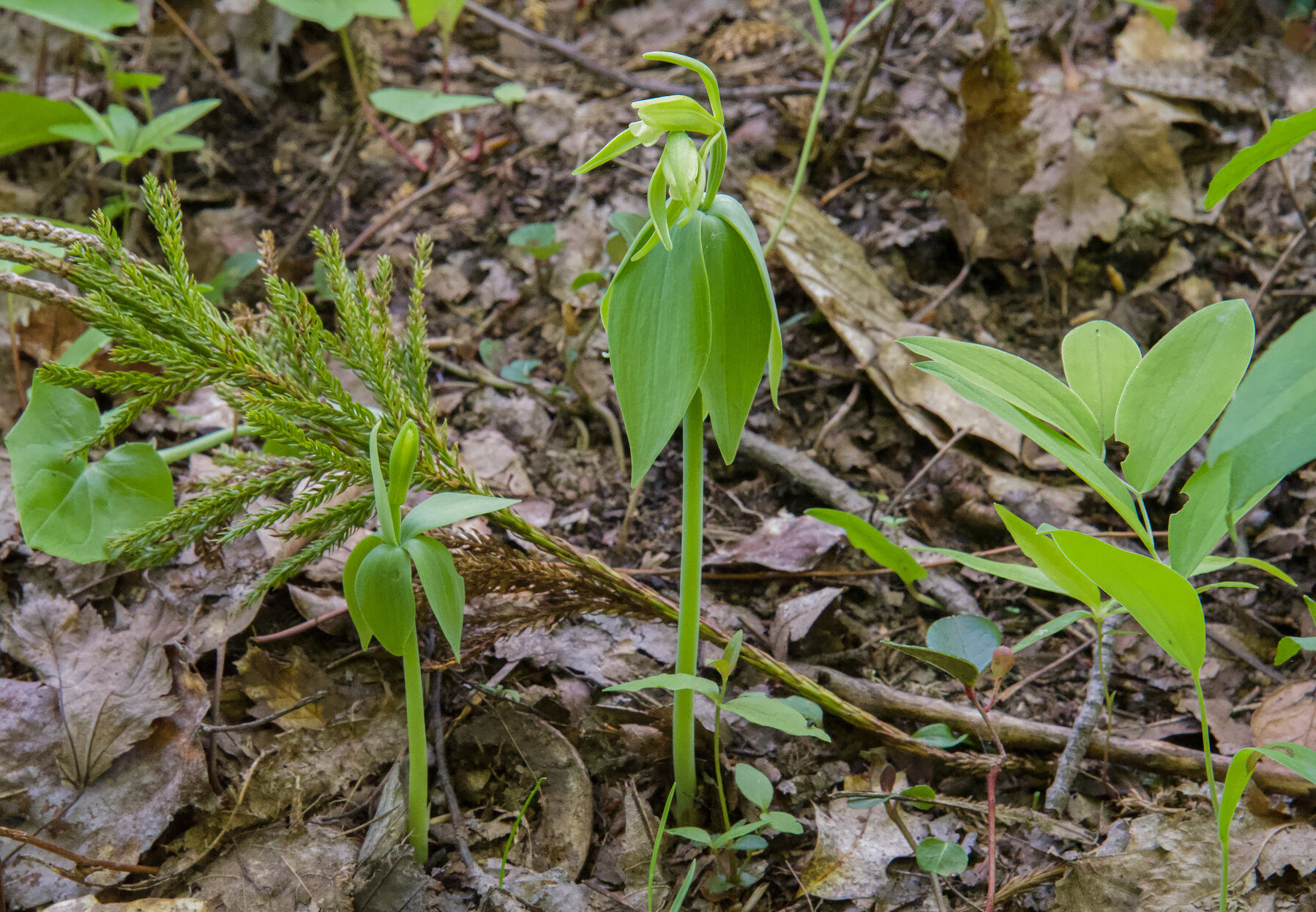
Protection
The small whorled pogonia orchid is a federally protected plant that is listed as threatened. Doubleday’s find is so surprising and so recent, the federal register still shows the orchid as extinct in Vermont, but clearly it’s not. Proof is blooming in an undisclosed, untrampled preserve in Vermont’s Winooski Valley Park District.
“We are keeping an eye on it. I’ve been out there twice now,” Popp says. “We think there might be some slug damage and deer really like orchid flowers. In bogs and fens with lady’s slipper orchid, a large percentage of them have their flowers chomped off. I’m not sure what to do about that. I could sit there with a shotgun, but that wouldn’t help with the slugs.”
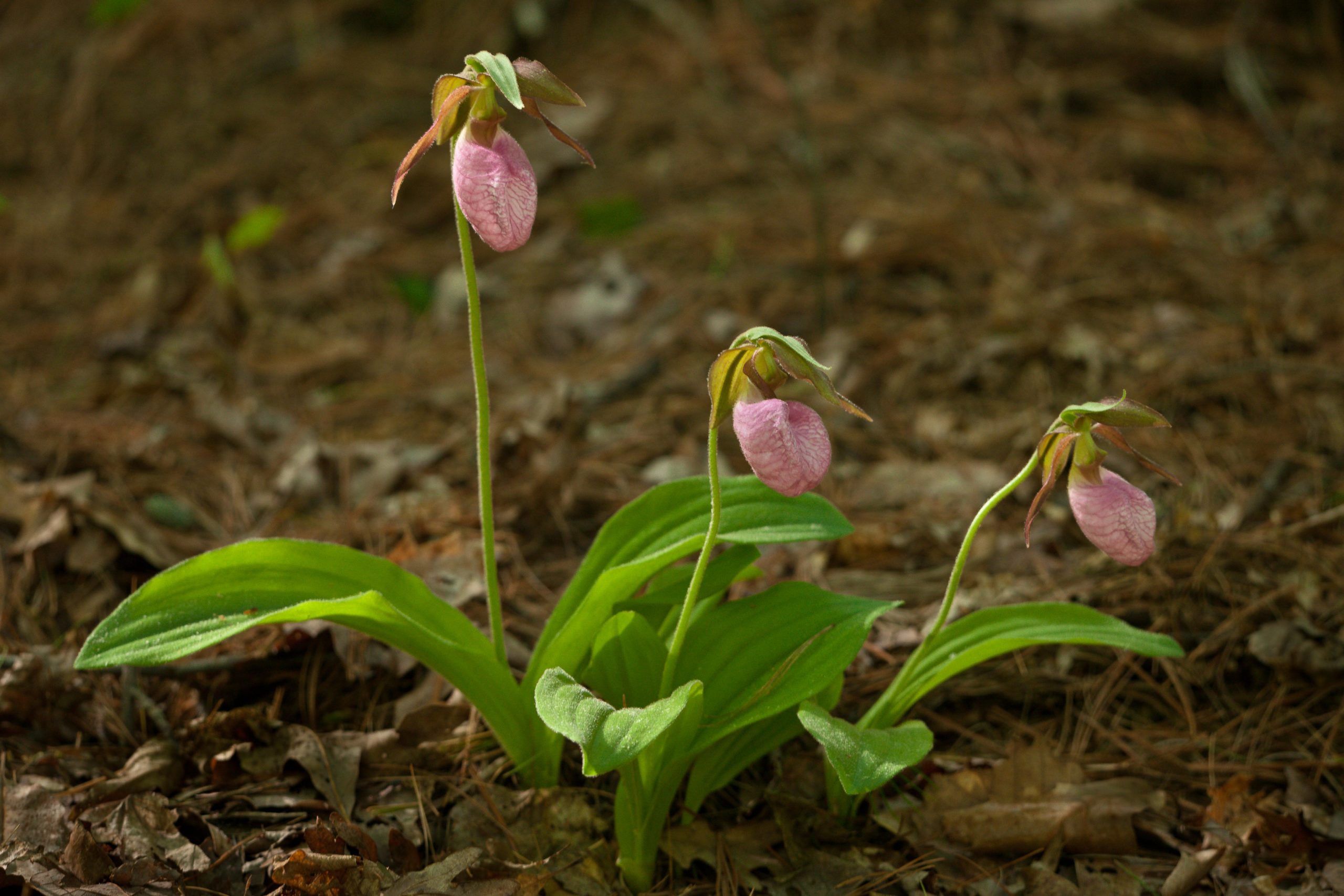
Winooskie Valley Park District is a co-op of towns pooling funds to preserve land not for development, but for natural space and public enjoyment. Some of the preserves have hike and bike trails. All of them preserve habitat. The orchid is in that habitat but not by a trail so it’s an even more unbelievable find, one that wouldn’t be stumbled upon by anyone other than a birdwatcher with just enough curiosity to look down.
“I have a pretty good sense of what’s there and I knew that was different,” Doubleday says. “It was a plant I hadn’t seen before. I had not a clue it was an orchid, but I knew it was something I was excited about.”
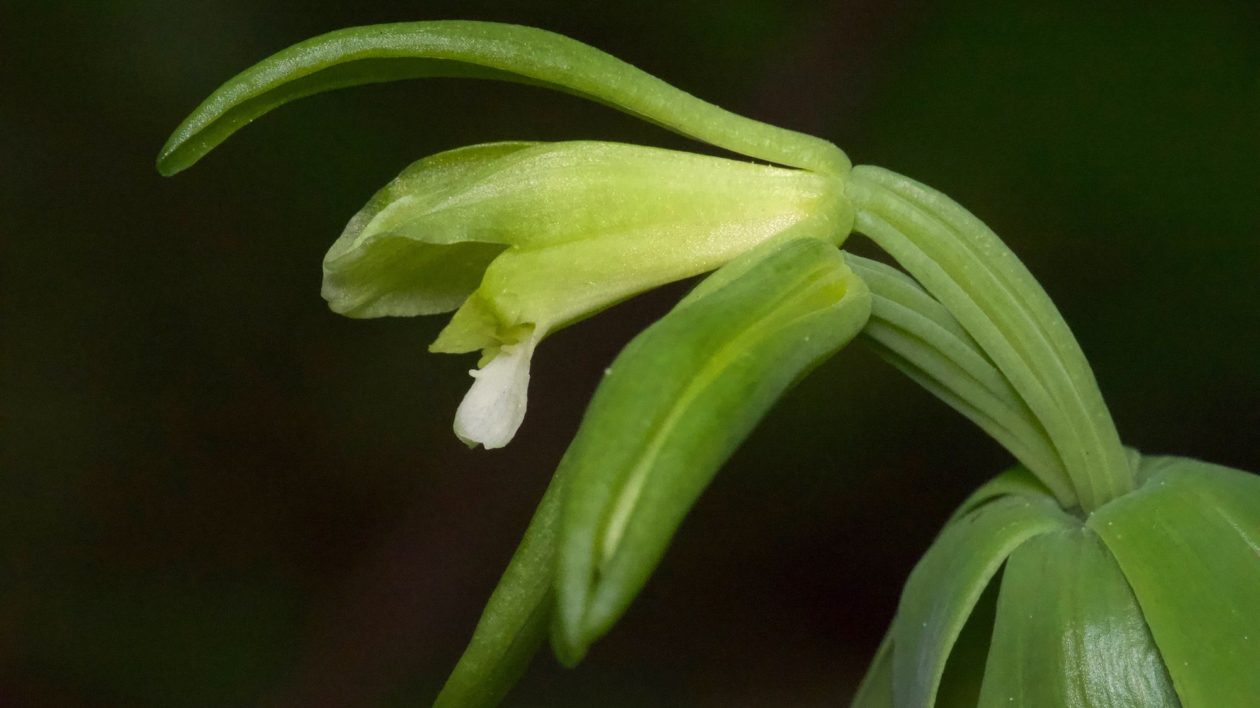
Intention
Of the 1,673 species on the endangered species list as either threatened or endangered in the United States, 941 of them are plants. That’s more than half of the list, but Popp says the majority doesn’t have priority. When someone touches, takes or otherwise messes with an endangered animal, it’s often noticed. When someone does the same with a plant, the response is different. The intention of protection is the same, but it doesn’t play out the same in the field.
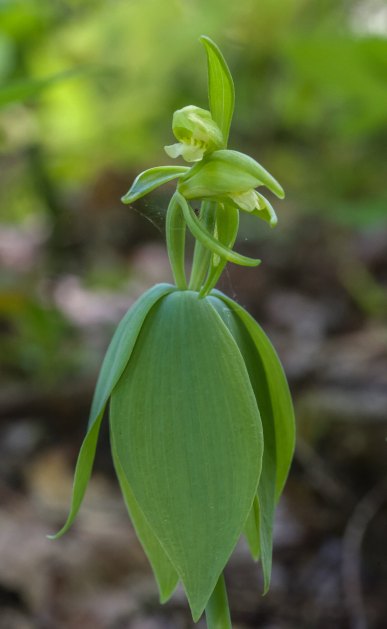
“We had the take of a federally protected bulrush by a utility company so I called (U.S. Fish and Wildlife Services),” Popp says. “The question he asked me was, ‘Why are you telling me this?’ The guy didn’t really care because it was on private land. They had no stake in it. Had it been an animal, they’d been all over it.”
Listed plants that are on private land and not in programs funded by the federal government are more exposed than at-risk animals in the same situation. That’s why vulnerable plants have better survival odds if they sprout where people aren’t, but that also leaves many of them to persist without notice.
It’s likely that’s what happened with this rare orchid for the last 120 years. Everyone stopped looking years ago. Researchers assumed it was permanently gone and classified it as extinct.
“We were wrong. It’s so uplifting,” Popp says. “We’re mostly seeing plants declining, orchids especially. It’s so neat to see something going in the opposite direction. It’s not all bad news.”
Classification
The 1902 orchid has state protection in Vermont, but its classification is changing now that is been re-discovered. SX stands for state extirpated, another word for extinct. The orchid has been SX for years. It will now be S1. On a scale of one to five, one being rare and five being common, the orchid’s new classification is S1 because it is so rare. Popp only found nine plants this year.
“Because there were only nine plants, we didn’t take any leaves,” Popp says. “We took a fruiting stalk from last year that was dead and empty of seeds to send to the herbarium at University of Vermont.”
Popp has another 3,000 plant species pressed in newspaper in a basement cabinet waiting for the same attention, something he’ll get to when he retires. As the state’s botanist with more than three decades in the field, you’d think he’d be ready to retire but not yet. When he’s on his hands and knees in shin-high grass eyeballing a yellowish-green bloom supported by tiny, waxy leaves plus an 8-inch stalk, he’s motivated to keep at it. A simple, little flower not seen since 1902 is proof enough of hope for him.
“It can get pretty depressing sometimes when you see things declining,” Popp says. “But I don’t let that get to me. I tend to be an optimist. I figure I’m going to find something, especially when I’m not looking for it.”
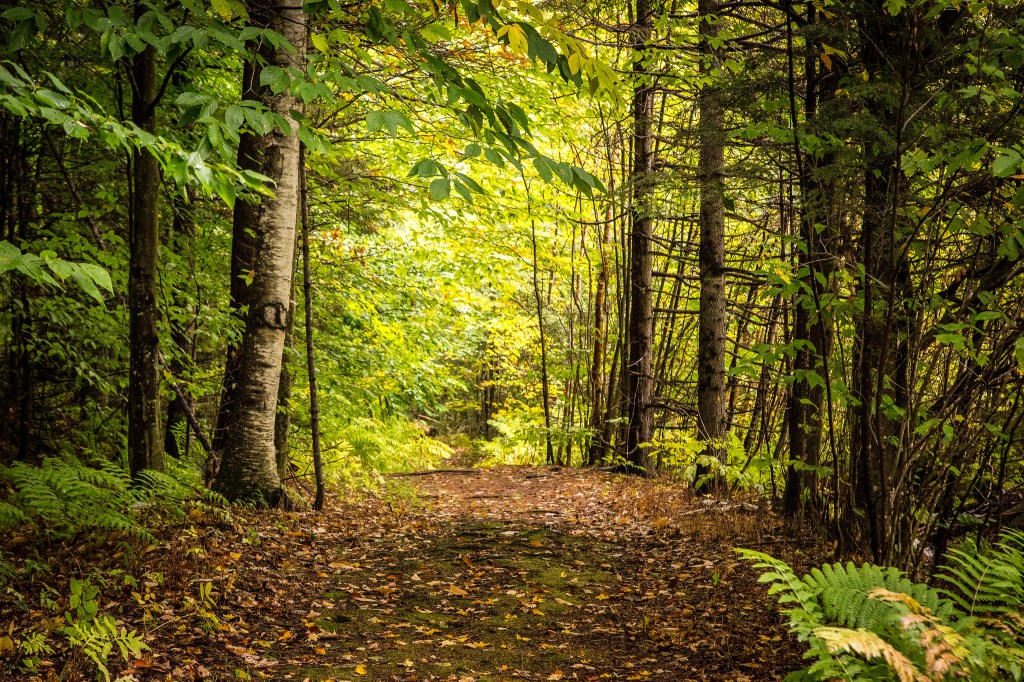
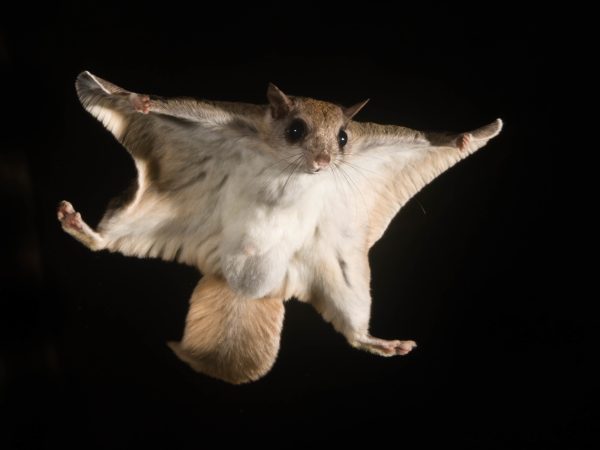
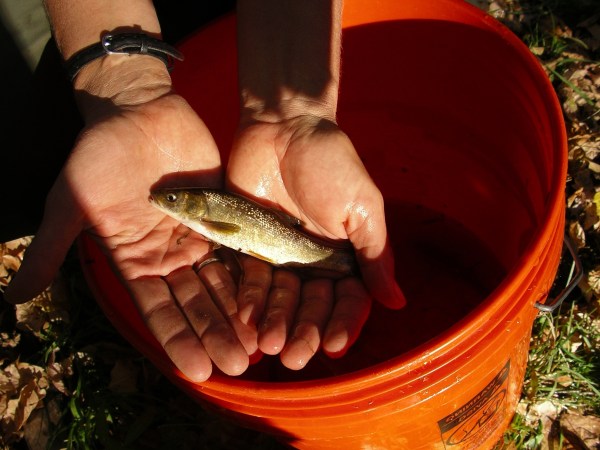
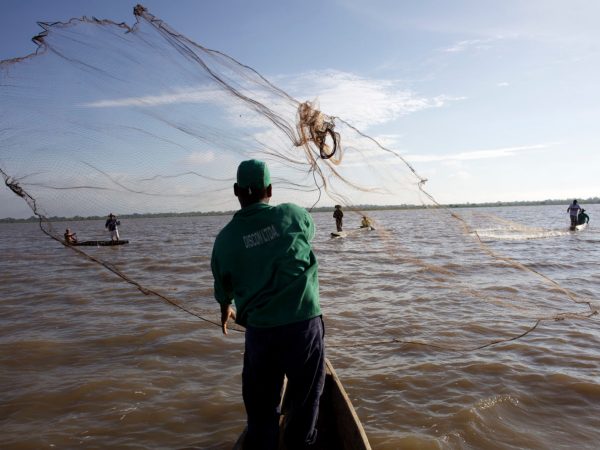
Nice fine